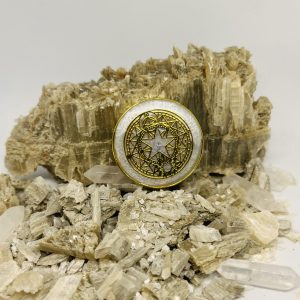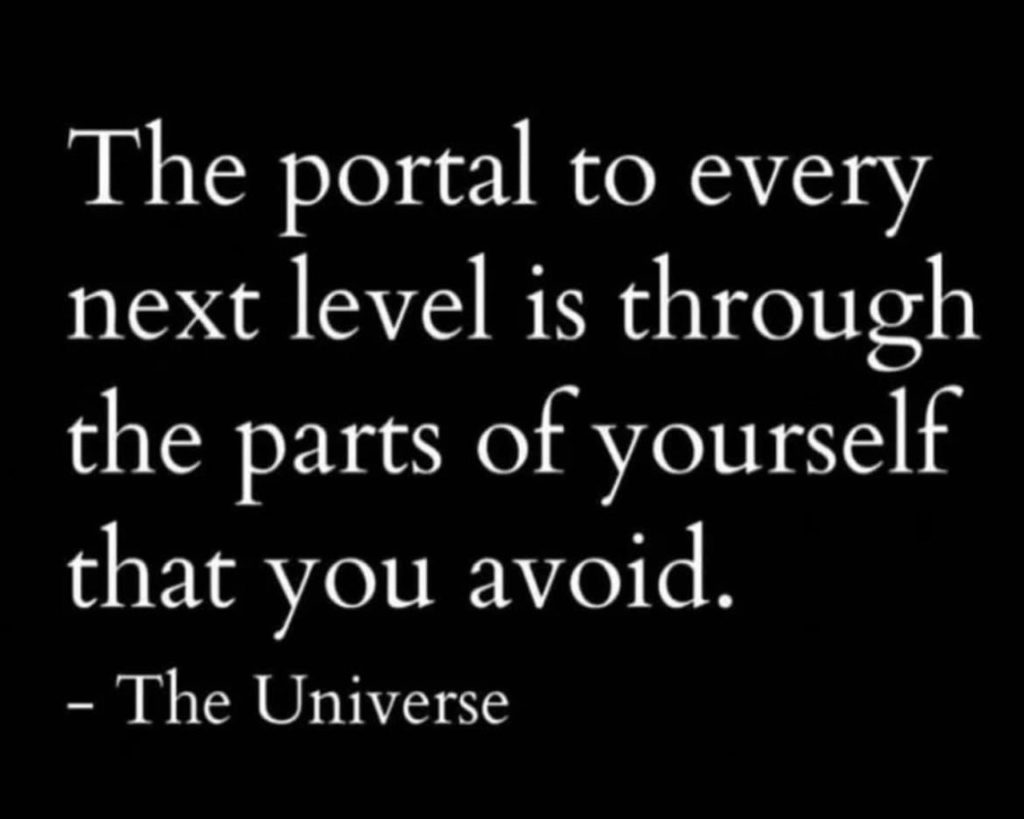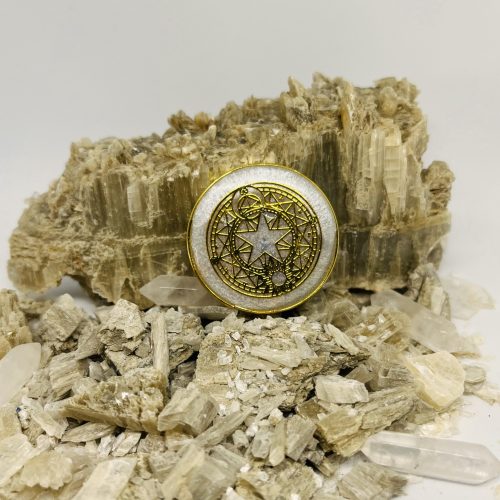When we hear the word alchemy, we might picture robed figures hunched over bubbling flasks, trying to turn lead into gold. But alchemy is far more than medieval chemistry—it’s an ancient spiritual science rooted in transformation. Alchemists were not just early chemists; they were philosophers, mystics, and seekers who believed that true transformation was as much about the soul as it was about substances.
In this article, we’ll explore the fascinating world of alchemy and alchemists: who they were, what they believed, and why their ancient wisdom still resonates today.
The Origins of Alchemy
Alchemy has deep roots in many ancient cultures. In Egypt, it was tied to the spiritual and scientific knowledge of the priesthood; in China, it connected with Taoist practices aimed at achieving longevity and immortality. The word “alchemy” itself is thought to be derived from the Arabic al-kīmiyā, which in turn may trace back to the Egyptian word khem, meaning “black soil” or “the land of Egypt.”
By the time alchemy reached medieval Europe, it had absorbed influences from Greek philosophy, Islamic science, and Christian mysticism. Alchemists studied texts from figures like Hermes Trismegistus, Zosimos of Panopolis, and Jabir ibn Hayyan—whose writings blended scientific observation with esoteric symbolism.
What is an alchemist?
An alchemist is a practitioner of alchemy, an ancient philosophical and proto-scientific tradition that seeks transformation on both physical and spiritual levels. Historically, alchemists were known for their attempts to transmute base metals into noble ones, like lead into gold, and to discover powerful substances such as the Philosopher’s Stone and the Elixir of Life.
However, beyond these material goals, true alchemists pursued inner purification and enlightenment, believing that the transformation of matter mirrored the transformation of the soul. Combining elements of chemistry, mysticism, astrology, and philosophy, alchemists acted as both scientists and spiritual seekers, dedicated to unlocking the hidden laws of nature and the deeper truths of existence.
The Goals of Alchemy
Popular culture often focuses on the idea that alchemists tried to transform base metals like lead into gold. This goal, known as chrysopoeia, was real—but symbolic as well. To many alchemists, transmuting lead into gold was a metaphor for inner transformation: turning the “base” aspects of the self into the “gold” of enlightenment, wisdom, or spiritual purity.
Other goals of alchemy included:
- Creating the Philosopher’s Stone: A legendary substance believed to grant eternal life and perfect knowledge.
- Discovering the Elixir of Life: A potion said to cure disease and grant immortality.
- Purifying the Soul: Through stages of alchemical work—nigredo (blackening), albedo (whitening), citrinitas (yellowing), and rubedo (reddening)—alchemists believed the soul could evolve.
The Alchemist’s Laboratory and Symbols
Alchemy used a language of symbols to conceal its teachings from the uninitiated. Suns and moons, dragons and serpents, lions and birds—all appeared in alchemical texts with hidden meanings. Mercury, sulfur, and salt were the “three primes” of alchemical theory, representing the soul, spirit, and body.
In their laboratories, alchemists used real tools: crucibles, alembics, furnaces, and more. While some experiments led to discoveries in chemistry and medicine, many were allegorical. The lab was a reflection of the alchemist’s own inner work—a sacred space for spiritual transformation.
Alchemy’s Legacy
Although modern science eventually replaced alchemy with empirical chemistry, its influence lingers. Alchemy laid the groundwork for scientific experimentation, but it also offers a timeless reminder: transformation is as much an inner journey as an outer one.
Today, alchemy is experiencing a revival—not as a literal attempt to turn metal into gold, but as a metaphor for personal growth, healing, and spiritual awakening. Whether in Jungian psychology, spiritual traditions, or modern mysticism, alchemy continues to inspire those who seek deeper meaning and change.
Conclusion
Alchemy was never just about gold—it was about illumination. Alchemists were explorers of the unseen, devoted to unlocking the mysteries of nature and the self. Their work reminds us that transformation—whether of the world around us or within us—requires patience, vision, and the courage to pass through fire.
In a world that often prioritizes quick fixes and material success, the alchemical path offers a deeper, more enduring quest: the pursuit of wholeness.




